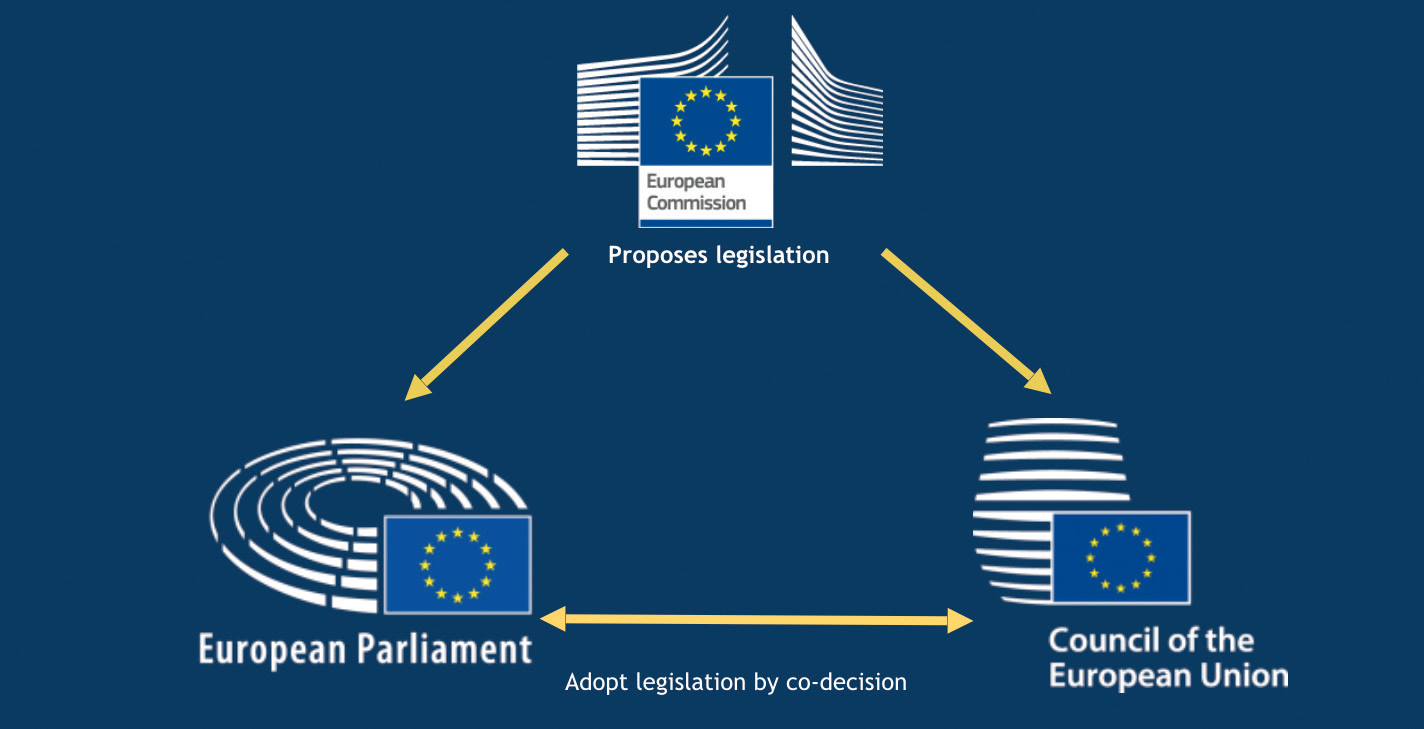Governance of Medically Assisted
Reproduction (MAR) in Europe
There are two organisations that are involved in the governance of MAR at the European level: the European Union (EU) and the Council of Europe (CoE).
The European Union (EU)
The EU is a supra-national organisation with 27 Member States and three main institutions: the European Commission, the European Parliament, and the Council of the EU. The European Commission represents the interests of the EU as a whole, while the European Parliament represents the interests of the EU citizens and the Council represents the interests of the national governments of EU Member States. Together, these three institutions produce legislation that is binding throughout the EU.

In 2004, the EU has adopted the EU Tissues and Cells Directive (EUTCD). This Directive sets out requirements regarding the quality and safety of tissues and cells for human application. While some paragraphs refer specifically to reproductive cells, the EUTCD has a broader scope, dealing with a diverse range of tissues and cells.
Following an evaluation in 2019, the European Commission started an initiative to revise the EU legislation on blood, tissues and cells. In August 2024, this initiative has concluded with the entry into force of the Substances of Human Origin (SoHO) Regulation, which will apply as of August 2027. The SoHO Regulation will replace the EUTCD, as well as the previous EU Blood Directive, and regulate all SoHO treatments in a single framework.
ESHRE has followed the negotiations on the SoHO Regulation actively and contributed with several position statements. To help MAR professionals navigate the new law, ESHRE has prepared a summary of the SoHO Regulation that highlights the most important changes for the MAR sector.
For more information on the activities of the EU in the field of tissues and cells, please visit the following website: https://ec.europa.eu/health/blood_tissues_organs/tissues_en
The Council of Europe (CoE)
The CoE is an international organization with 46 member countries, among which are all 27 EU Member States. The CoE’s main area of activity is the field of human rights. Since access to good quality medicines and healthcare is a basic human right, the CoE is actively working on health-related topics, including MAR. The CoE’s work on tissues and cells is carried out by the European Committee on Organ Transplantation (CD-P-TO) within the CoE’s European Directorate for the Quality of Medicines & HealthCare (EDQM).
In cooperation with experts from different fields, the CD-P-TO develops technical guidance on medical treatments, which can be used as a reference by clinicians. MAR is covered in the Guide to the Quality and Safety of Tissues and Cells, which includes one chapter on MAR and one chapter on fertility preservation. Both of these chapters are written in collaboration with ESHRE. The EU’s new SoHO Regulation includes a reference to the EDQM guide, stating that authorities should consider the Regulation’s standards for donor, recipient and offspring protection to be met if establishments can demonstrate that they are following the recommendations of the guide. Thus, the guide plays a particularly important role for the MAR sector in EU/EEA countries.
For more information on the activities of the CoE in the field of tissues and cells, please visit the following website: https://www.edqm.eu/en/transplantation-areas-work